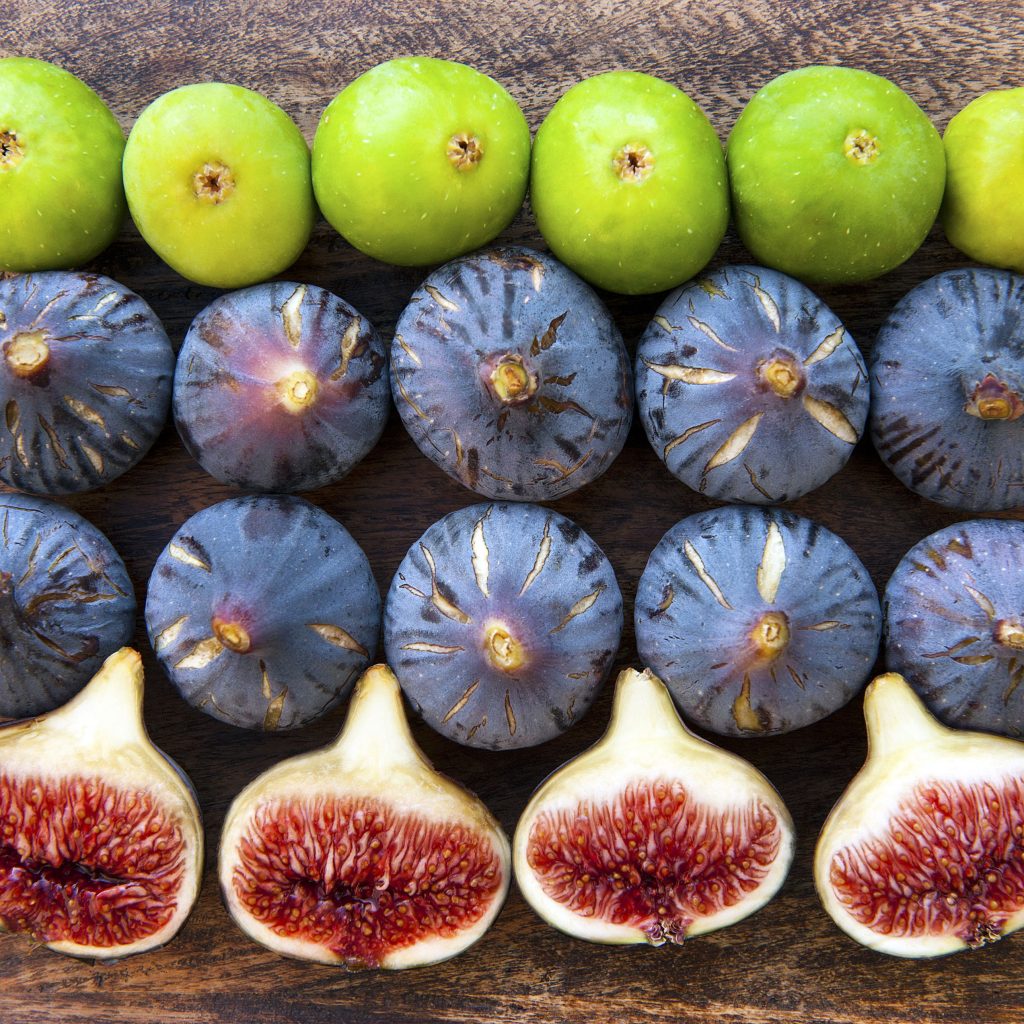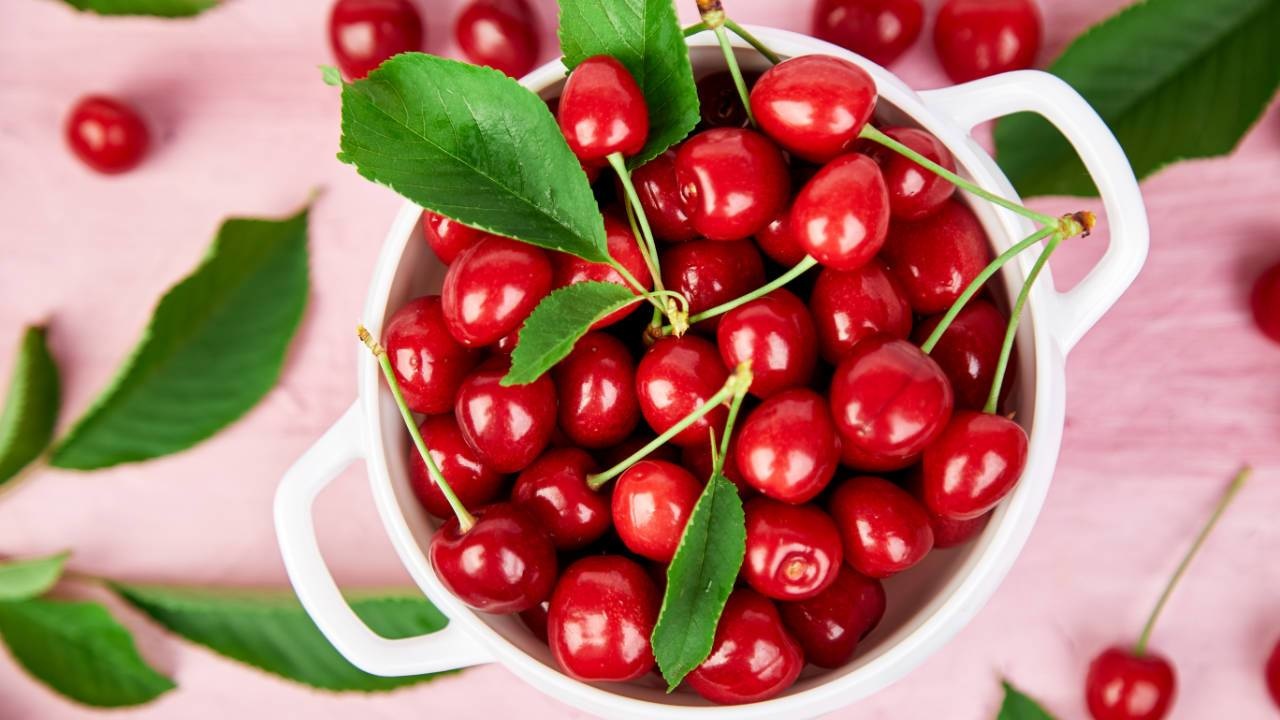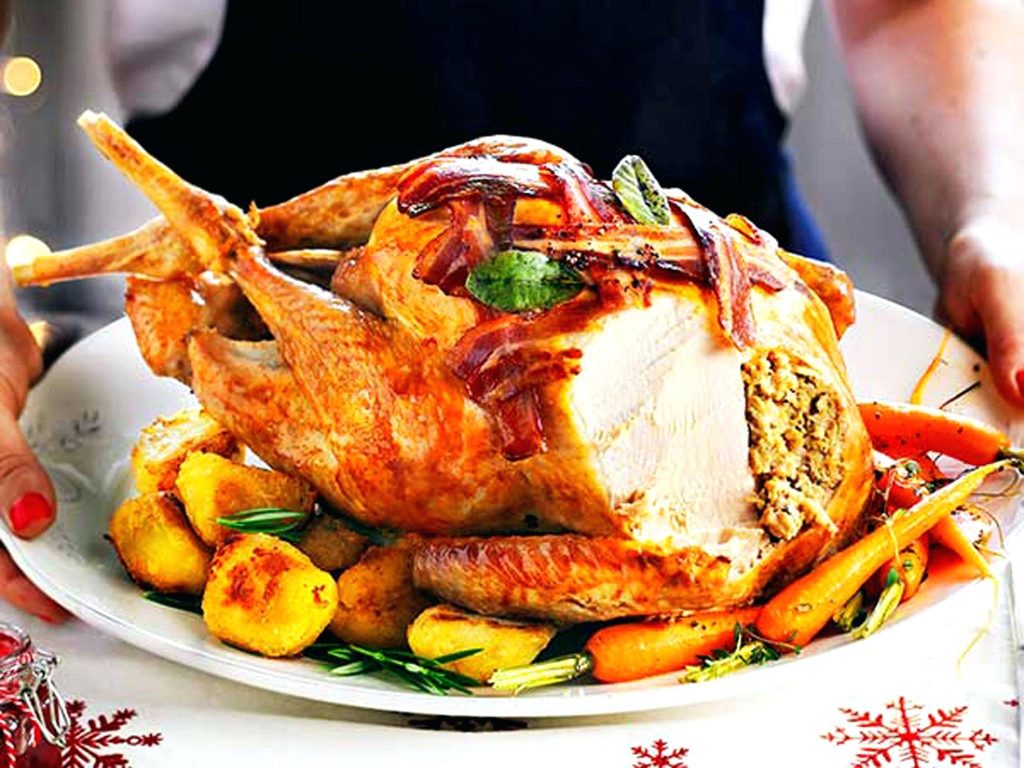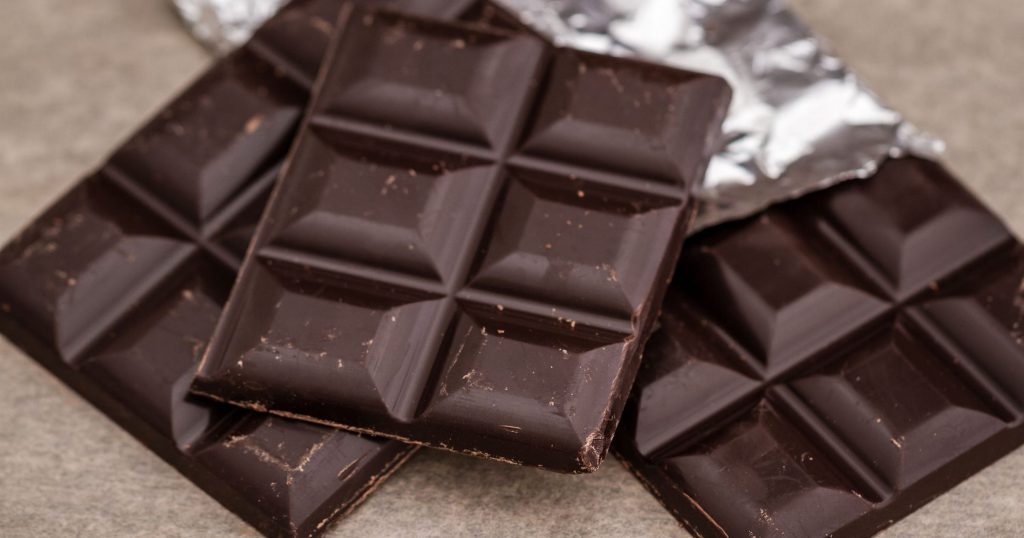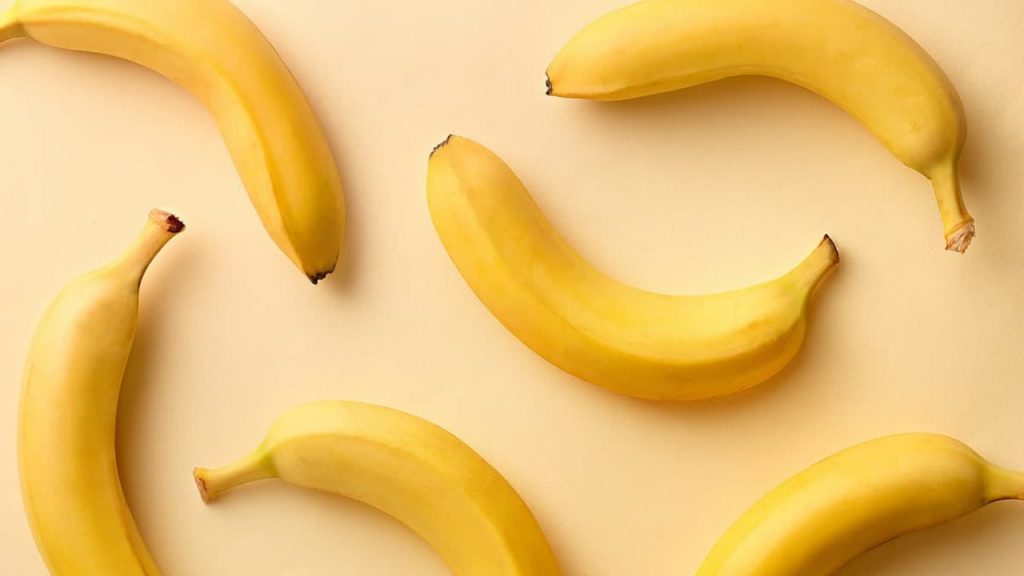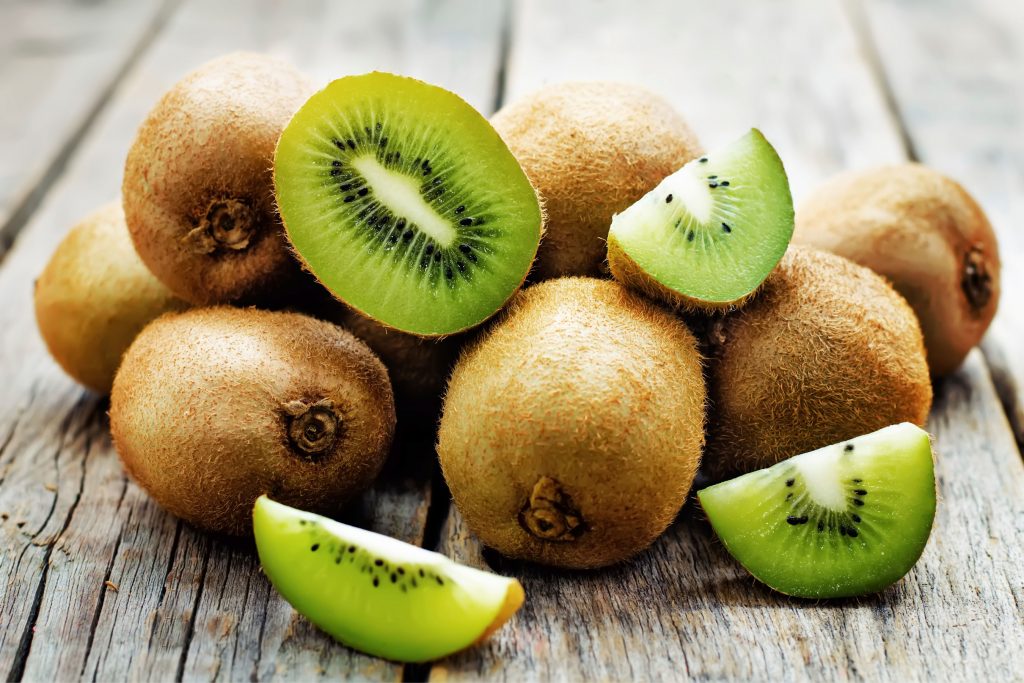
The right foods can make a massive difference to your health and wellness.
For instance, Safflower oil delivers a host of benefits, including the ability to manage blood sugar levels, while fish oil is great for delivering brain-boosting minerals.
So what kind of food do you need to eat if you're having trouble sleeping? Well, you may be surprised to learn that there are a lot of great foods out there that make for a perfect late-night snack.
Here are just some of the top options for foods you can choose when you're struggling to drift off at night.
1. Figs
Figs are packed full of excellent substances including iron, calcium, and magnesium. These fantastic minerals help to improve muscle contraction and blood flow which are great for helping you to fall asleep at night.
Not only that, but figs will also help to reduce your cravings for something sweet to eat without giving you a dose of sugar.
2. Cherries
Probably one of the best foods you can eat if you have a problem with insomnia, cherries are excellent for increasing your melatonin intake.
Melatonin is one of the hormones in our bodies that dictates whether we feel sleepy or not.
Cherries, along with certain nuts and oats, are excellent for regulating your sleep cycle because they are natural sources of melatonin.
3. Turkey
Some experts argue that turkey doesn't have any effect on your sleeping patterns at all. However, if you've ever felt exhausted after a big turkey dinner, you may feel differently.
Turkey has a substance called "tryptophan" in it, which is metabolized into both serotonin and melatonin.
While melatonin helps you to drift off, serotonin helps to improve your mood, eliminating the stress and anxiety that might make it harder for you to get to sleep.
4. Dark Chocolate
If you have a sweet tooth but the idea of eating figs before bed doesn't appeal to you, then you can always consider dark chocolate instead.
Dark chocolate (the stuff without much milk or dairy) contains serotonin which helps to relax your mind and body. Additionally, there are many other benefits associated with dark chocolate including a reduction in stress levels.
5. Bananas
We should all be getting more fruit into our diets but it's not always simple - particularly in today's fast-paced environment. Fortunately, bananas are quick and easy for anyone to eat.
The biggest benefit of bananas for improving your sleep quality is that they're packed full of potassium and magnesium. Both of these substances serve as nerve and muscle relaxants.
What's more, the vitamin B6 in bananas converts tryptophan into serotonin to increase relaxation.
6. Almonds
Almonds are one of the world's favorite nuts. Aside from that, it is a food with many different health benefits.
Eating almonds regularly is associated with a lower risk of chronic diseases like heart disease and type 2 diabetes.
Almonds, along with other nuts, are a source of melatonin, which helps to make you sleepier before bed.
Additionally, almonds can also be a great source of magnesium, providing up to 19% of your daily allowance in a single ounce.
7. Kiwifruit
Probably one of the lesser-known foods that can help you to feel sleepy at night, Kiwifruits are a low-calorie and nutritious night-time snack.
The great thing about Kiwifruits - besides the fact that it's low in fat, is that the fruit contains a lot of potassium, folate, and other substances that support your digestive health.
In one study, 24 adults consumed two fruits before going to bed each night and 42% fell asleep more quickly as a result.
Additionally, the participants also indicated that they felt more capable of sleeping through the night without waking up!
Frequently Asked Questions
What Food Makes You Sleepy?
Certain foods contain compounds that can contribute to feelings of sleepiness due to their influence on neurotransmitters and hormones involved in the sleep-wake cycle. One such compound is tryptophan, an amino acid found in various protein-rich foods. Tryptophan is a precursor to serotonin and melatonin, neurotransmitters that play crucial roles in regulating mood and sleep.
Foods that are good sources of tryptophan include turkey, chicken, fish, nuts, seeds, dairy products, and soy products. These foods can promote relaxation and potentially enhance sleep quality by increasing serotonin production, which can have a calming effect on the brain.
Carbohydrates also play a role in inducing sleepiness. Foods high in simple carbohydrates, like white bread, rice, and sugary snacks, can cause a rapid increase in blood sugar levels, followed by a crash. This crash can lead to feelings of lethargy and drowsiness, often referred to as a "sugar crash."
Additionally, magnesium-rich foods can contribute to better sleep. Magnesium is involved in muscle relaxation and the regulation of the sleep hormone melatonin. Foods rich in magnesium include leafy green vegetables, whole grains, nuts, and seeds.
It's important to note that while these foods can promote sleepiness, the overall quality of your diet and your eating habits throughout the day also influence your sleep. Overeating, consuming heavy or spicy meals close to bedtime, and excessive caffeine intake can disrupt sleep.
Individual responses to foods can vary, so it's advisable to pay attention to how specific foods affect your own sleep patterns. If you're consistently experiencing sleep disturbances, consulting a healthcare professional or a registered dietitian can provide personalized guidance to support better sleep through dietary choices.
Choose the Right Bedtime Snack
If you're not sure what kind of meal you should be eating before you go to bed each night, make sure that you check out one of the seven options listed above.
Not only are these choices healthy and low in calories, but they're also great for helping your body and mind to relax in time for a more restful evening of slumber. Just make sure that you don't eat too much before you go to bed!
